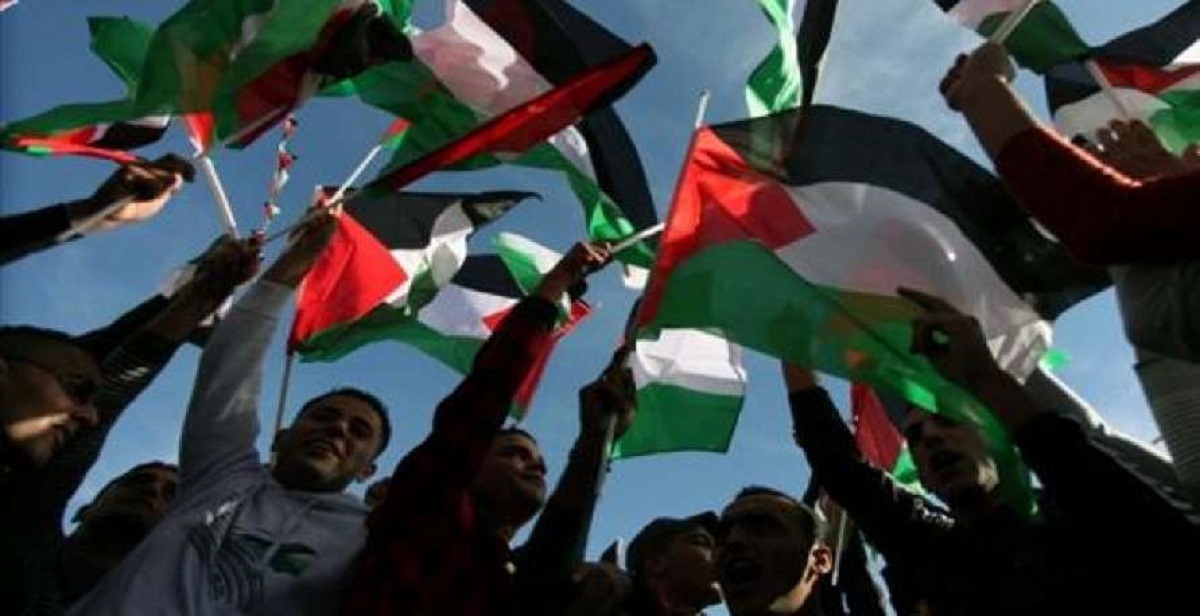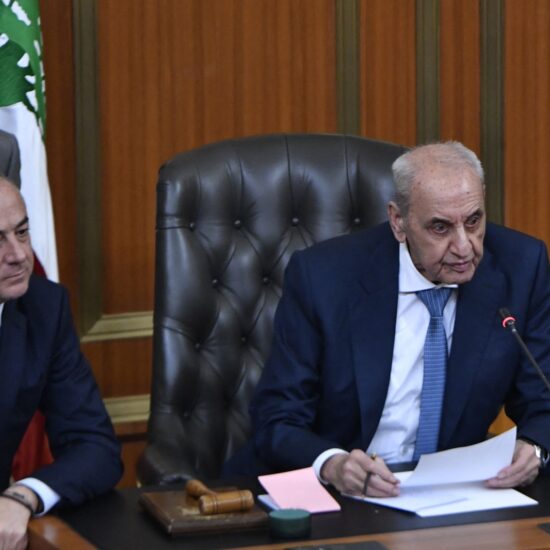
Assessing the path forward: Palestinian leadership struggles and the quest for statehood in a time of crisis
The genocide in Gaza has reignited the conversation about the future of the Palestinian state. Israel’s oft-repeated argument is that Palestinians have not presented them with a political proposal that leads to state establishment. Instead, Palestinians have thrown their support behind corrupt actors like Mahmoud Abbas or extremist factions such as Hamas and the Islamic Jihad (PIJ). While details of the “final status” talks remain sparse, a political settlement remains imperative, especially with thousands dying at the hands of a genocidal government.
The Palestinian political front faces significant challenges. The Oslo Accords were meant to be a temporary step before “final status” negotiations to establish a full-fledged state. However, Rabin’s assassination and the rise of Benjamin Netanyahu as the far right’s spokesperson, a faction already opposed to the accords, led to increased delays. Subsequent attempts to mediate between Netanyahu and Arafat failed, and negotiations floundered even after Netanyahu’s first ousting in 1999. The Fatah-Hamas split in 2007, with Israel’s shoring up of Hamas since the 80s, has led to a stalemate where a political solution seems impossible.
The succession of Mahmoud Abbas introduces a critical moment: his appointed successor, Hussein El-Sheikh, is deeply unpopular. A Fatah veteran, El-Sheikh has rapidly risen through the ranks, developing a rapport with Israeli authorities, which has made him appear as a “spokesman for the occupation,” according to a New York Times profile. Other Fatah leaders have faced strong public disapproval in their leadership bids, except for Marwan Barghouti, a prominent Fatah figure and current prisoner.
Barghouti has been a Fatah activist since his teenage years, emerging as a leader during the first and second Intifadas against the occupation. Elected to the Palestinian Legislative Council in 1996, he became one of Yasser Arafat’s harshest critics. In the late 90s and early 2000s, Barghouti developed close ties with Israeli politicians and peace activists, advocating for a two-state solution and opposing attacks against Israeli civilians. He was arrested in 2002 by the Israeli army and sentenced to five life sentences for allegedly “participating in terror attacks.”
Despite being imprisoned, Barghouti continues to exert significant influence within Fatah and is the leading opponent to Mahmoud Abbas and his successor. He has stated his intention to run in the next presidential elections, and polls consistently show him as a popular figure, with a recent Palestinian Center for Policy and Survey Research (PCPSR) poll showing him leading over Mahmoud Abbas and Ismail Haniyeh.
With his longstanding political activity, reputation as a clean politician, and criticisms of Fatah and Hamas, Barghouti maintains credibility and trust among Palestinians. He has led hunger strikes and remained politically active from prison, looking to break the political stalemate within the Palestinian Authority, especially when it became apparent Arafat could no longer protect the home front, causing the public to turn towards Hamas.
Before the events of October 7, Fatah and the Palestinian Authority were as reviled by the Palestinian public as the Israeli authorities. The frameworks of the PA are extremely unpopular, mired in corruption, crackdowns on protests, and allegations like the June 2021 murder of Palestinian activist Nizar Banat. The PA’s failure to strengthen the economy has only deepened resentment and led to increased popularity for Hamas, evidenced by university student elections.
October 7 solidified the collapse of the PA and Fatah as standard-bearers of Palestinian politics. Assuming Israel favors Fatah’s politicization of self-determination over Hamas’s choice of conflict is incorrect; Israel has long supported Hamas, allowing it to overshadow the PA while stalling talks of a Palestinian state. Recent statements by Israeli politicians like Tzipi Hotovely and Mark Regev leave little doubt about Israel’s intent to obliterate any form of Palestinian political expression and, by extension, statehood.
One could argue that since Yasser Arafat, Palestinians have lacked a unifying leader. Almost every relevant person in Palestinian politics today has failed to garner public support, deliver substantial gains, or improve the Palestinians’ material conditions in the West Bank or Gaza. The Palestinian Authority, in its marked subservience to Israel, has become a neoliberal stronghold centered around an elite that nurtures its economic interests at the expense of the Palestinians living under it.
Marwan Barghouti remains imprisoned but not killed by the Israelis for a reason. With the political future of the Palestinian cause now a mainstream discussion, Barghouti’s political talents and acumen may be critical to counter Israeli annexation plans. Now more than ever, the leaders of the Palestinian Authority should bet on Barghouti as possibly the last chance for leadership capable of politically defeating Israel and ensuring the creation of a Palestinian state.
The failure to establish strong and unified leadership will doom the Palestinians and their just demand for self-determination and statehood. Israel seems intent on ethnically cleansing Gaza, eradicating Palestinian political expression, and plunging the region into full-scale war, as shown by its escalations against Hezbollah and militias in Syria and Iraq. The time for action is now; Palestinians can produce leaders and have always done so. The current moment is critical to take political initiative before it’s too late, and Israel fulfills its genocidal goals.
The views in this story reflect those of the author alone and do not necessarily reflect the beliefs of NOW.








